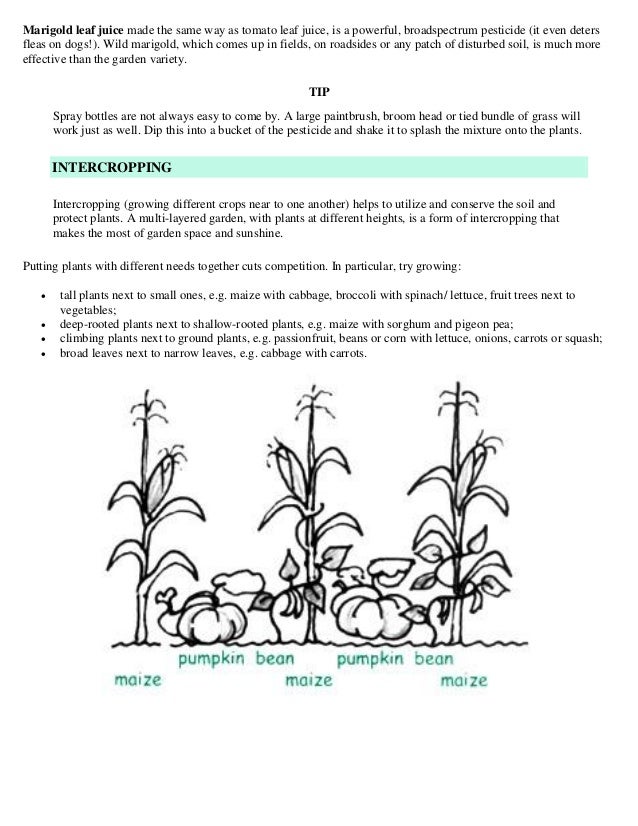Companion Planting for Capsicum: A Guide to Maximizing Your Harvest
The Benefits of Companion Planting for Capsicum
If you're looking to maximize your capsicum harvest, companion planting is an excellent strategy to consider. Companion planting involves growing different plants together that complement each other in some way, whether it be by deterring pests, enhancing soil quality, or providing shade.
When it comes to capsicum, companion planting can provide a number of benefits. For ers, it can help deter pests that might otherwise damage your crop. Additionally, certain plants can help improve soil quality and nutrient availability, which can lead to bigger, healthier peppers.
In this guide, we'll go over some of the best companion plants for capsicum and how they can benefit your garden.
Best Companion Plants for Capsicum
Basil
Basil is one of the most popular companion plants for capsicum, and for good reason. Not only does it repel pests like aphids and mosquitoes, but it also enhances the flavor of capsicum when grown nearby. Basil also requires similar growing conditions to capsicum, making them well-suited to grow together.
Nasturtiums
Nasturtiums are another great companion plant for capsicum. They attract beneficial insects like ladybugs and hoverflies, which prey on pests like aphids and whiteflies. Nasturtiums also have a natural repellent effect on pests like cucumber beetles and squash bugs.
Marigolds
Marigolds are a versatile companion plant that work well with many different crops, including capsicum. Their strong scent deters pests like nematodes and whiteflies, while also attracting beneficial insects like bees and butterflies. Additionally, marigolds can help improve soil quality by suppressing root-knot nematodes and other harmful organisms.
Garlic
Garlic is a natural insect repellent that can help protect your capsicum from pests like aphids and spider mites. It's also known to repel larger pests like rabbits and deer. Garlic can be planted throughout the garden or directly in between capsicum plants for maximum effect.
Beans
Beans are a nitrogen-fixing plant that can help improve soil quality by adding nitrogen to the soil. Capsicum plants benefit greatly from this extra nitrogen, which can lead to bigger and healthier peppers. Beans also provide shade to capsicum, which can help prevent sunscald during hot summer months.
Tips for Successful Companion Planting
While companion planting can be highly effective, it's important to follow a few key tips to ensure success:
Choose the Right Plants
Not all plants make good companions for capsicum. Make sure to choose plants that have complementary growing conditions and pest-repelling properties.
Plant at the Right Time
Make sure to plant your companion plants at the right time to ensure they mature together with your capsicum. You don't want to end up with companion plants that are still in their seedling stage when your capsicum plants are ready to harvest.
Space Your Plants Properly
Make sure to space your companion plants properly to avoid crowding and competition for resources. This will ensure that both your capsicum and your companion plants thrive.
Rotate Your Crops
To prevent soil-borne diseases and pests, it's important to rotate your crops each season. Make sure to choose a new location for your capsicum and companion plants each year.
FAQs
Q: Can I plant capsicum with tomatoes?
A: While it's possible to plant capsicum with tomatoes, it's generally not recommended. Both plants are susceptible to similar pests and diseases, which can lead to cross-contamination.
Q: Can I plant capsicum with onions?
A: Yes! Onions make great companions for capsicum. They repel pests like aphids and thrips while also improving soil quality.
Q: Can I plant capsicum with cucumbers?
A: Yes, but with caution. Capsicum and cucumbers have different growing conditions and may compete for resources. Additionally, cucumber beetles can damage both crops.
Q: Can I plant capsicum with herbs?
A: Absolutely! Many herbs like basil, oregano, and thyme make great companions for capsicum, both in terms of pest control and flavor enhancement.
Q: Can I plant capsicum with strawberries?
A: While strawberries don't necessarily have any negative effects on capsicum, they don't provide any real benefits either. It's generally best to choose a different companion plant for your capsicum.
Companion planting for capsicum is an excellent way to maximize your harvest and improve the health of your garden. By choosing the right companion plants and following some simple tips, you can help deter pests, improve soil quality, and promote healthy growth for your capsicum. So why not give it a try? Your peppers (and your taste buds) will thank you!









Post a Comment for "Companion Planting for Capsicum: A Guide to Maximizing Your Harvest"